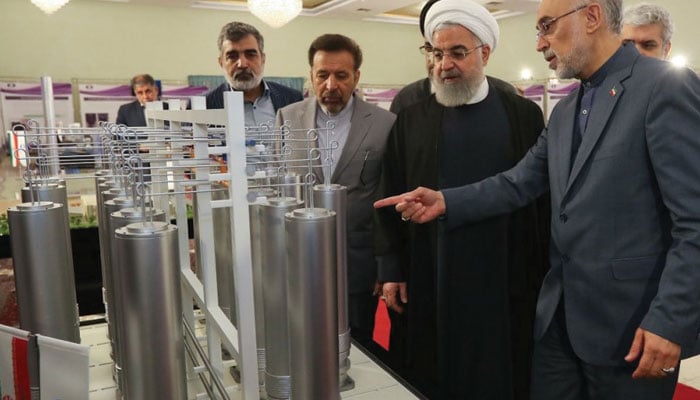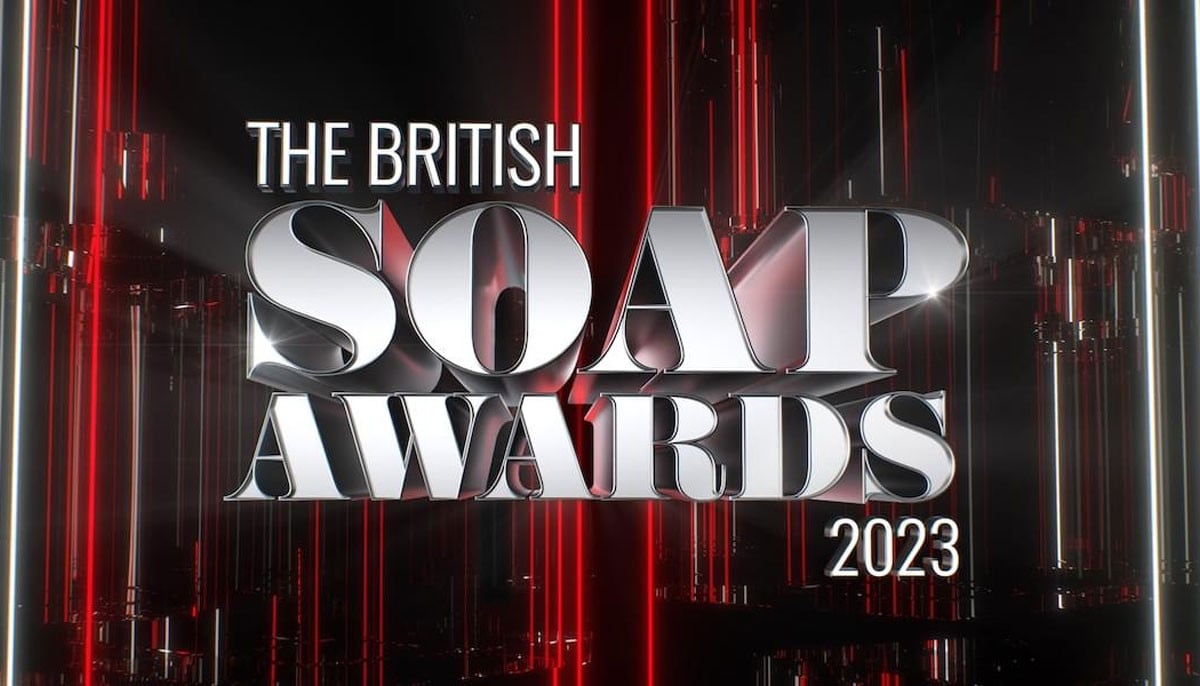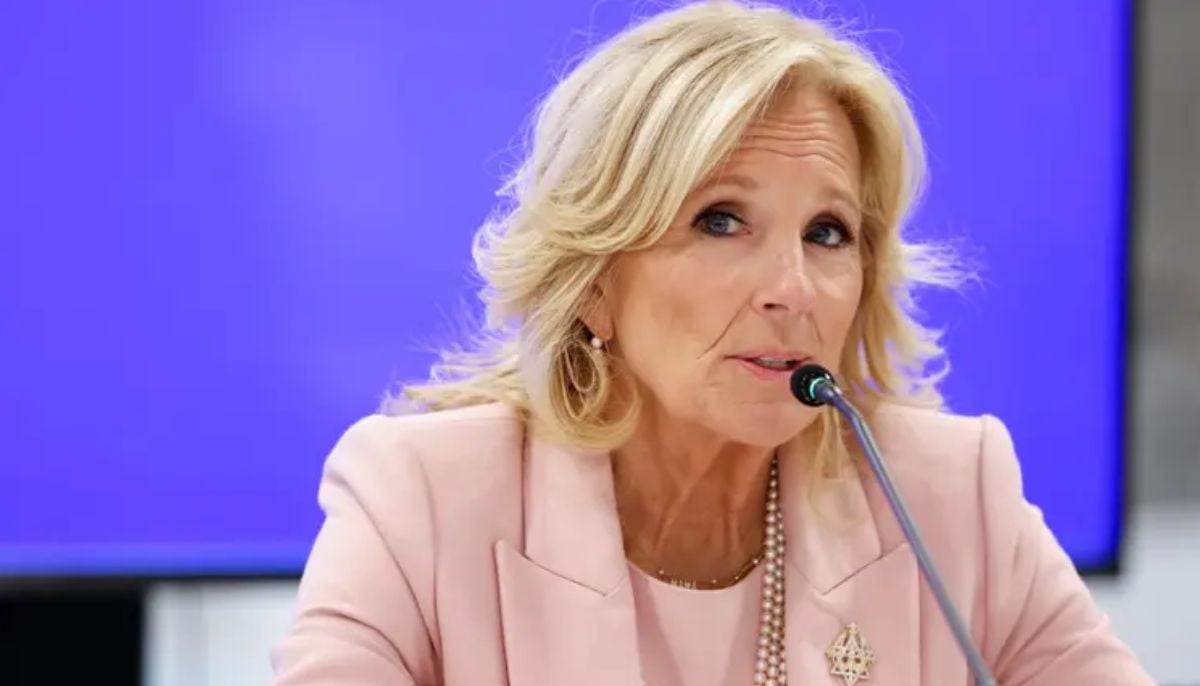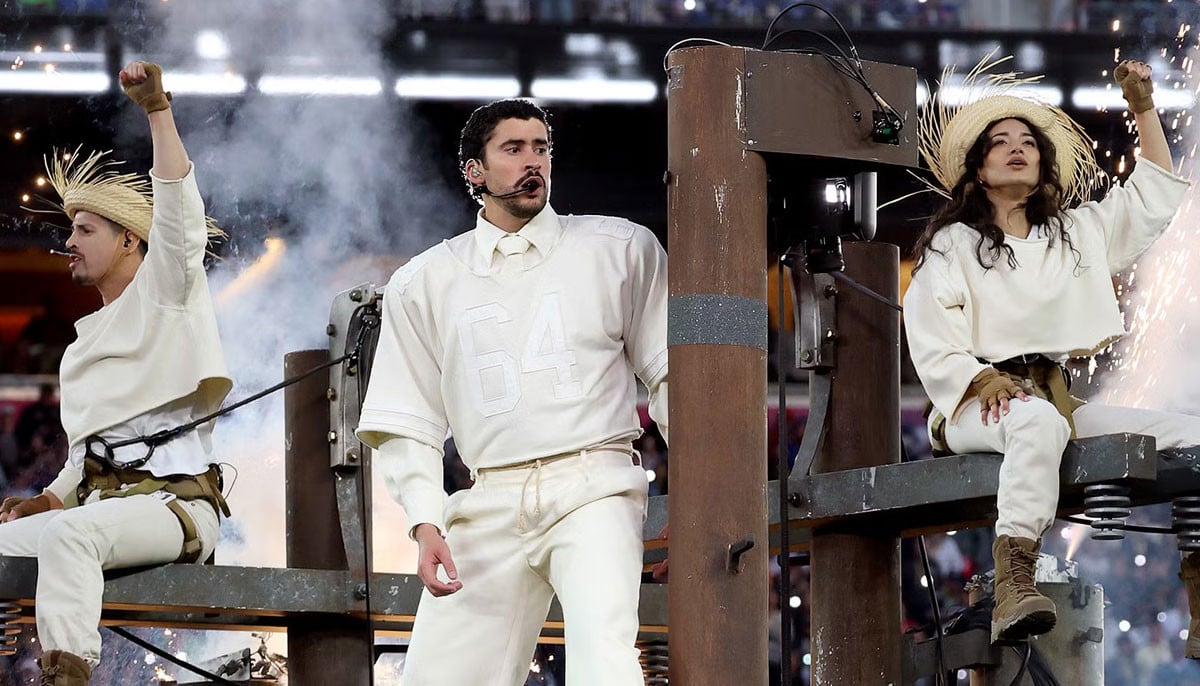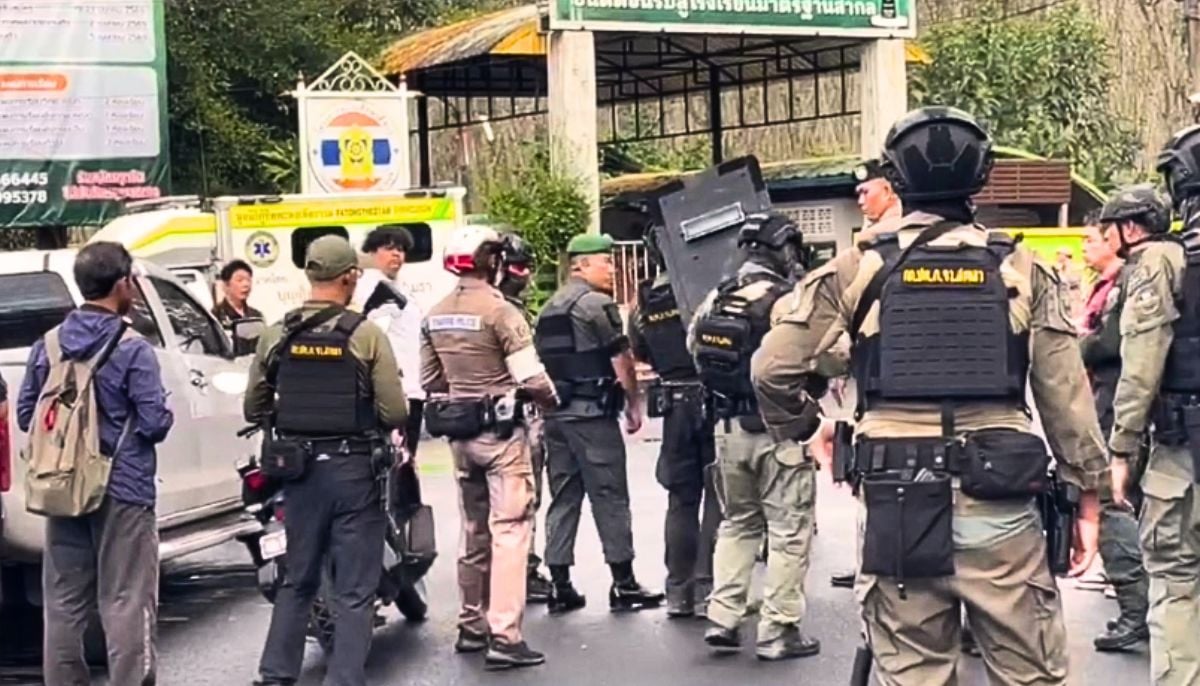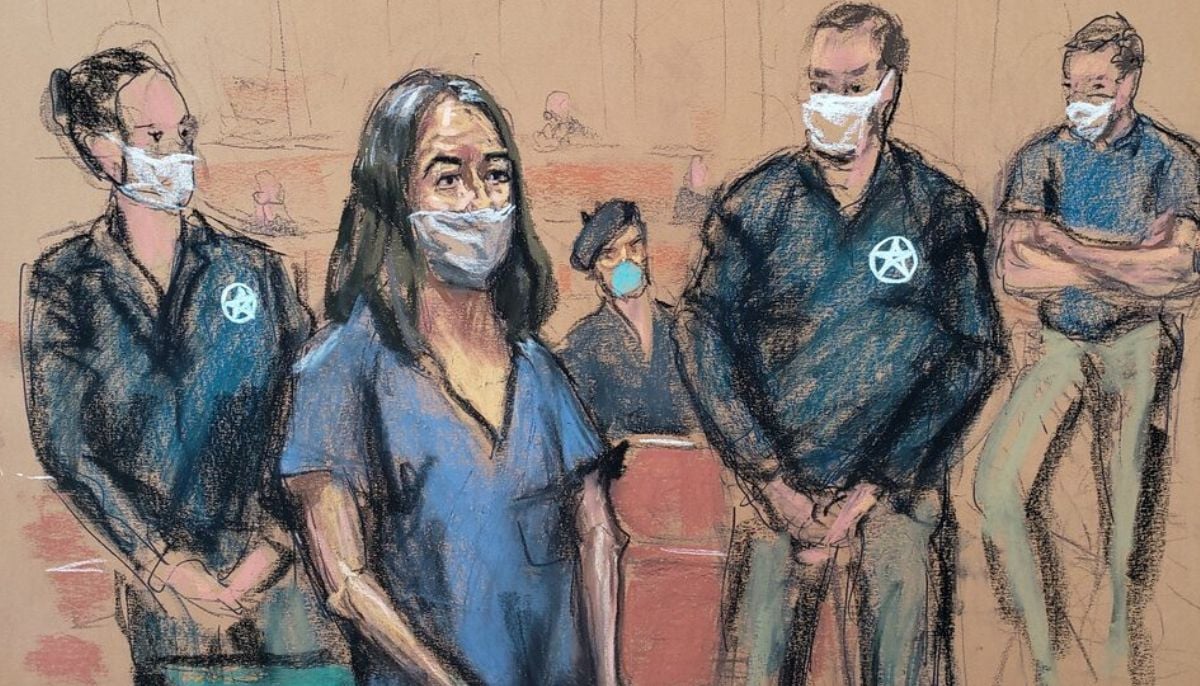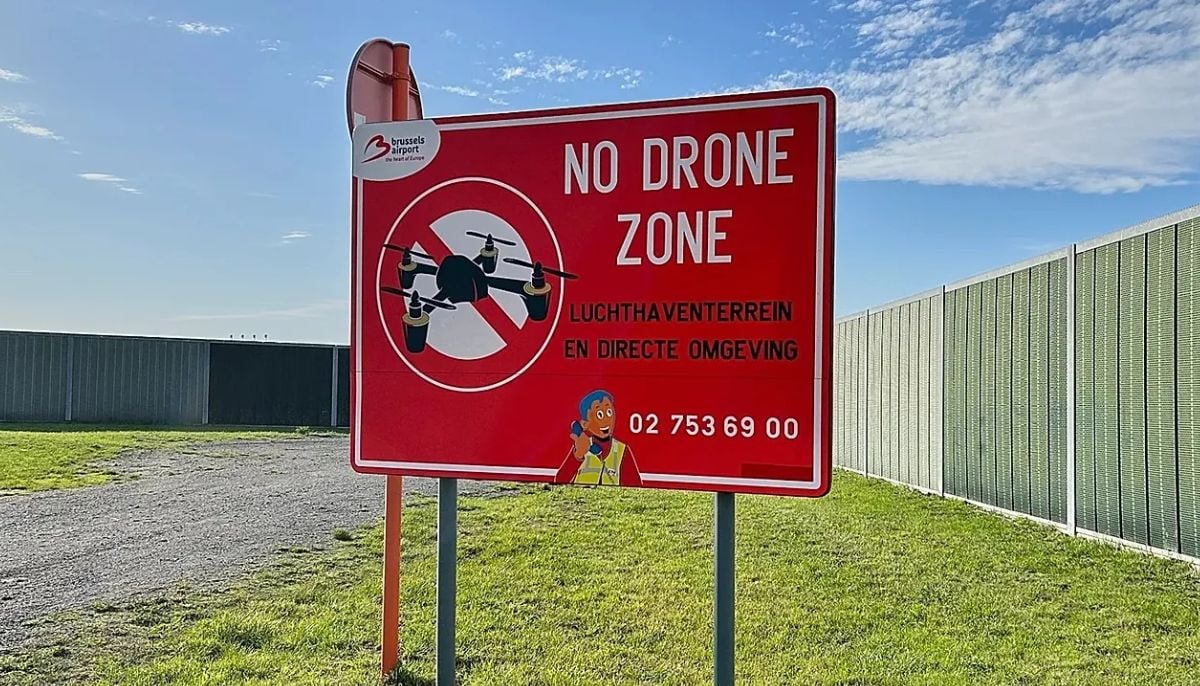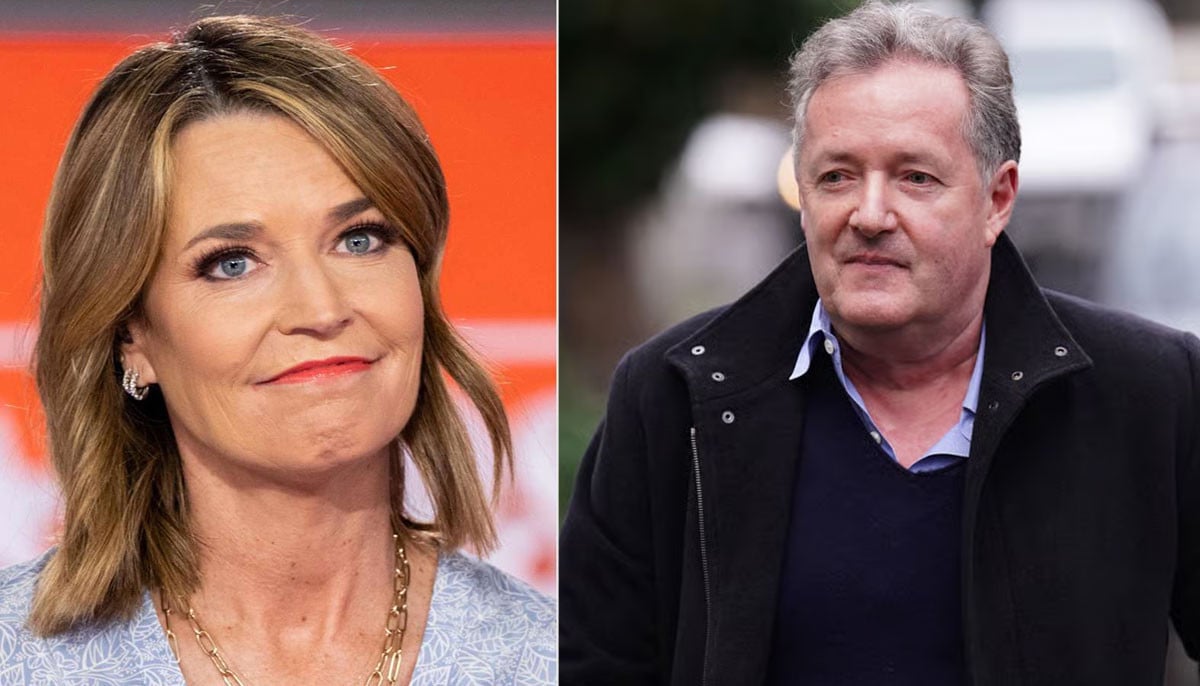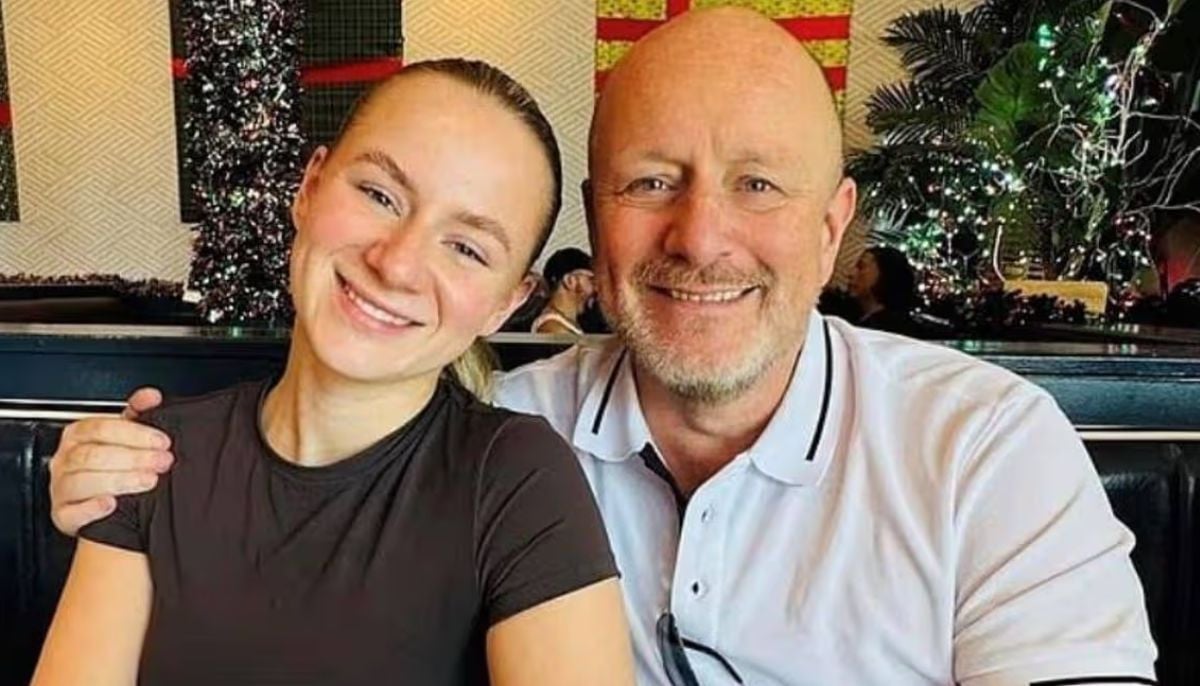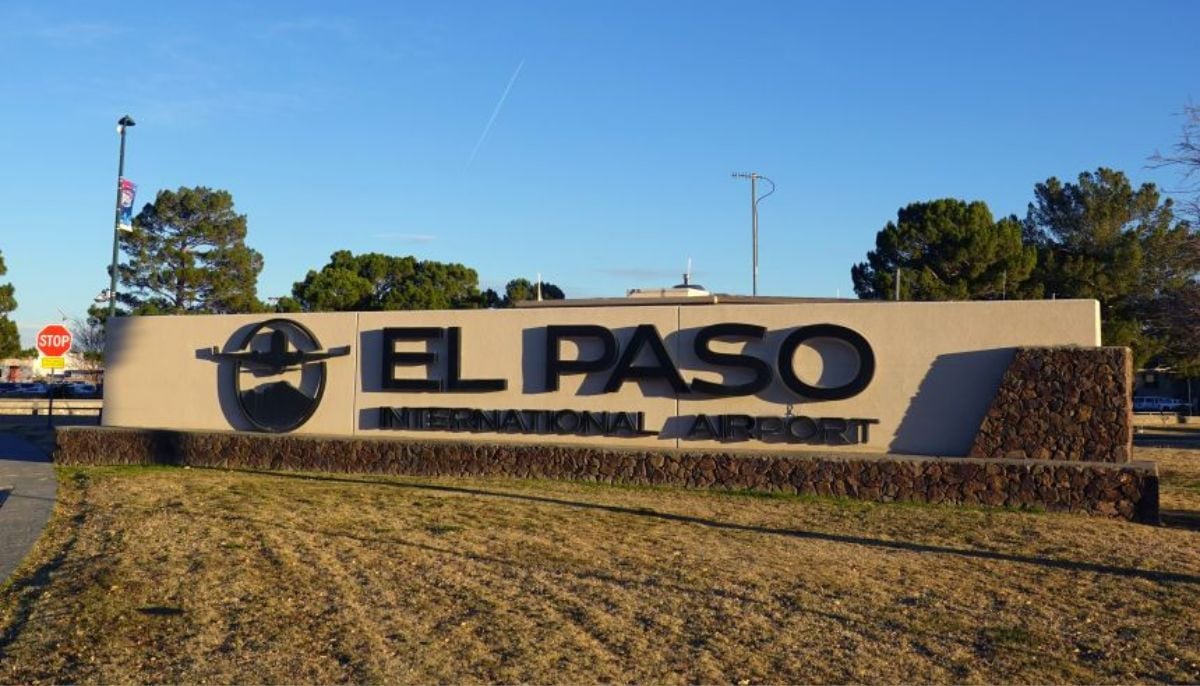Iran rejects France's call for wider talks beyond nuclear deal
Iran’s foreign ministry said it would not hold any discussions beyond the 2015 pact which US President Donald Trump abandoned last year as he pressed for tougher restrictions.
Iran has rejected French calls for wider international talks over its nuclear and military ambitions, saying it would only discuss its existing 2015 pact with world powers. The US, meanwhile, imposed new sanctions on Iran’s petrochemical industry.
French President Emmanuel Macron had said a day earlier that Paris and Washington both wanted to stop Tehran getting nuclear arms and new talks should focus on curbing its ballistic missiles programme and on other issues.
But Iran’s foreign ministry said it would not hold any discussions beyond the 2015 pact which US President Donald Trump abandoned last year as he pressed for tougher restrictions.
“Under this circumstances, talking about issues beyond the deal ... will lead to further mistrust among the remaining signatories of the deal,” foreign ministry spokesman Abbas Mousavi said in a statement.
The United States pulled out of the 2015 agreement -- under which Tehran agreed to curb its nuclear work in exchange for sanctions relief -- saying it was not permanent and did not do enough to control Iran’s missiles and regional influence.
In 2017, Iran rejected Macron’s call for talks on Tehran’s ballistic missiles, saying they were purely defensive, arguing that UN Security Council resolution 2231 that enshrined Iran’s nuclear deal with six powers “does not prohibit missile programme and missile tests by Iran”.
“a. UNSC 2231: “Iran is CALLED UPON” not prohibited; b. “Not to undertake any activity related to ballistic missiles DESIGNED to be capable of delivering NUCLEAR weapons. Our missiles are not “designed” for nukes, which we’re not developing,” Foreign Minister Mohammad Javad Zarif tweeted on Friday.
France and other European signatories to the deal have said they wanted to save it, but many of their companies have canceled deals with Tehran, under financial pressure from the US.
“The Europeans have so far failed to fulfill their commitments under the deal and ... to protect Iran’s interests after America’s illegal withdrawal,” Mousavi added in his statement, according to state TV.
New US sanctions
The US on Friday imposed new sanctions on Iran targeting the country’s petrochemical industry, including its largest petrochemical holding group, over its financial support for the Islamic Revolutionary Guard Corps (IRGC), the Treasury Department said.
Washington is pressuring Iran over its nuclear and ballistic missile program as well as for waging proxy wars in other Middle Eastern countries. The new measures follow a round of sanctions imposed last month that targeted the Islamic Republic’s export revenues from industrial metals.
Tensions between the two countries worsened last month when the Trump administration ordered the deployment of an aircraft carrier strike group, bombers and Patriot missiles to the Middle East, citing intelligence about possible Iranian preparations to attack US forces or interests.
The Pentagon has also accused the IRGC of being directly responsible for May 12 attacks off the United Arab Emirates coast that damaged two Saudi tankers, an Emirati vessel and a Norwegian tanker.
Friday’s sanctions target Persian Gulf Petrochemical Industries Company (PGPIC) for providing financial support for the economic arm of the IRGC, Iran’s elite military unit in charge of Iran’s ballistic missile and nuclear programs.
The US Treasury also designated the holding group’s network of 39 subsidiary petrochemical companies and foreign-based sales agents. PGPIC and its subsidiaries hold 40% of Iran’s petrochemical production capacity and are responsible for 50% of Iran’s petrochemical exports, it said.
“By targeting this network we intend to deny funding to key elements of Iran’s petrochemical sector that provide support to the IRGC,” US Treasury Secretary Steven Mnuchin said in a statement.
The Treasury statement said Iran’s oil ministry last year awarded the IRGC’s Khatam al-Anbiya, the IRGC’s economic and engineering arm, 10 projects in oil and petrochemical industries worth $22 billion, four times the official budget of the IRGC.
-
Thai school shooting: Gunman opened fire at school in southern Thailand holding teachers, students hostage
-
Maxwell could get 'shot in the back of the head' if released: US congressman
-
New EU strategy aims to curb threat of malicious drones
-
Nancy Guthrie abduction: Piers Morgan reacts to 'massive breakthrough' in baffling case
-
Texas father guns down daughter after heated Trump argument
-
FAA shuts down El Paso Airport, flights suspended for 10 days: Here’s why
-
Teacher abused children worldwide for 55 years, kept USB log of assaults
-
Savannah Guthrie expresses fresh hope as person detained for questioning over kidnapping of Nancy
